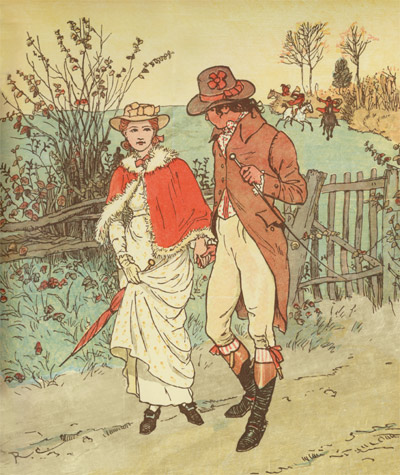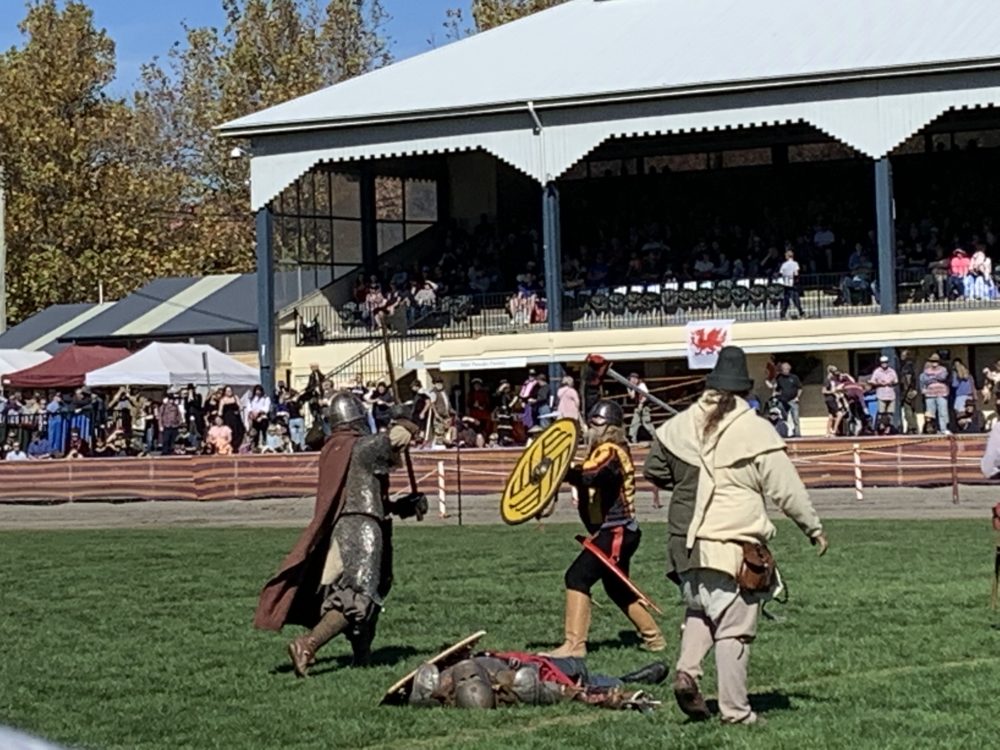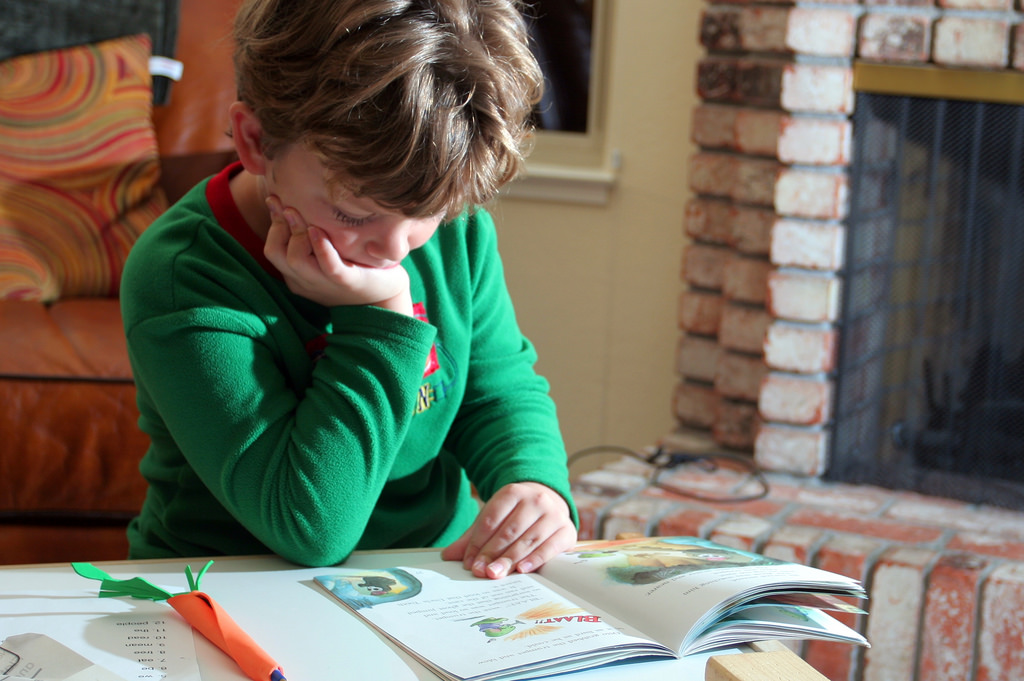“But he holded it and broked it and then he goed away!” Why do some children speak this way?
A direct quote from Son 2, when he was aged about 3. I think his brother had seized and re-modelled one of Son 2’s precious Duplo-Lego-Rocket sculptures and stashed the remnants in his bedroom.
At the time, I recall my wife asked me what was going on. Why was Son 2 making so many mistakes with his past tense and could I “fix him”?
(How I imagine my wife and I looked as we discussed verbs in irregular past tense form.)
As I strode to Son 1’s room to retrieve the ruined rocket, this is roughly what I told her:
1. Our son’s errors are not unusual for a 3 year old. We even have a name for it: “overgeneralistion”.
2. In modern English, most past tense verbs are made by adding “ed” to the present tense verb (e.g. walk/walked, dance/danced, jump/jumped). By 3 years of age, most kids have picked up this basic rule and it’s common for children to apply the words to all verbs at some stage of their language development (for those of you who are technically-minded, overgeneralisation past-tense use often occurs in what is known as Brown’s Stage III, which occurs at around 30-36 months for typically-developing children).
3. Unfortunately, there are a couple of hundred words – including some really common ones for little boys like held, broke, went, fell, threw, and taught – where the basic rule doesn’t apply. Most of these words are ancient, and each of the past tense forms of the words has to be rote learned to “block” the default “ed” rule.
4. If Son 2 doesn’t know the special “irregular” word, or can’t remember it, it’s natural for him to apply the add-the-ed rule. As Steven Pinker says in the Language Instinct, the same thing happens in adults with lower frequency, less well-remembered irregular forms.
Pop quiz readers: what is the correct past tense form of each of the following words: tread, strive, slay, smite and rend?
5. The “fix” is to teach Son 2 the irregular words and to make sure he hears us saying them and uses them enough to remember them. We should start with the most frequent irregular words. Trod, strove, slew/slayed, smote and rent can wait till he needs them!
6. The good news is that this tricky class of irregular past tense words is pretty much closed for new business. Almost all new verbs invented or introduced into English take the regular -ed past tense form, e.g. texted, tweeted and downloaded.
Of course, Son 2 was about 3 years old when we had that conversation. If your child is at school and still making these errors, he or she might need some help to learn the correct irregular forms.
Your speech pathologist can give you some tips and resources to help get this sorted out.
Related articles:
Related resources:
- Irregular Past Tense Verbs Workout 1: was, had, did, said, made, ate, came
- Irregular Past Tense Verbs Workout 2: took, broke, stood, spoke
- Irregular Past Tense Verbs Workout 3: spent, sent, left, built
- Irregular Past Tense Verbs Workout 4: knew, drew, grew, threw
- Irregular Past Tense Verbs Workout 5: slept, went, meant
Image source: http://tinyurl.com/m25oh5y

Hi there, I’m David Kinnane.
Principal Speech Pathologist, Banter Speech & Language
Our talented team of certified practising speech pathologists provide unhurried, personalised and evidence-based speech pathology care to children and adults in the Inner West of Sydney and beyond, both in our clinic and via telehealth.










 (R416) The Glowing Toad
(R416) The Glowing Toad